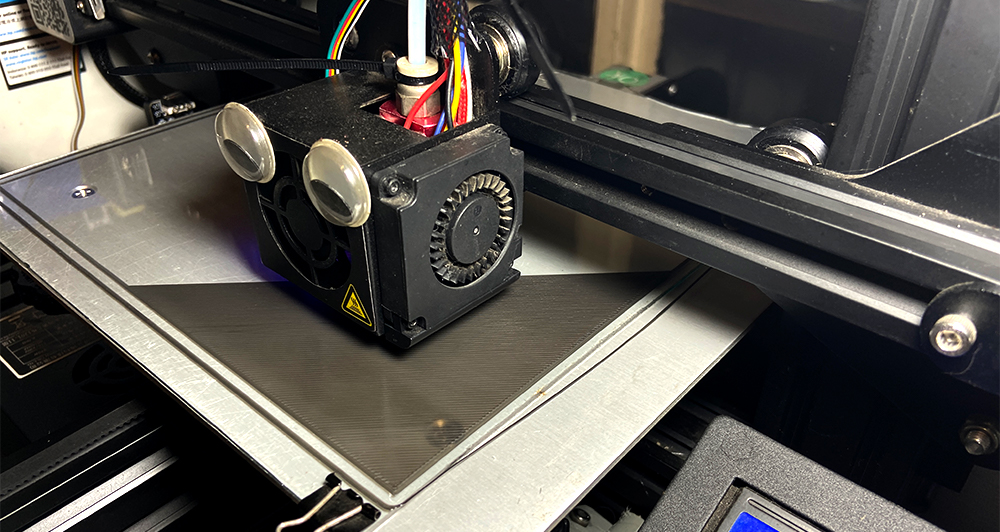
There comes a time in the experience of car ownership when we end up having to source parts for our vehicles. Newer cars and motorcycles enjoy the luxury of the casa always having the parts they need (albeit at a premium), while popular models tend to be well-supplied by the aftermarket scene (whether for regular replacement parts or for performance modifications).
Well, what if you need a part that’s either not available or is absurdly expensive? It used to be that you had to MacGyver your way into a solution, but quality DIY parts are now within arm’s reach with the advent of 3D printing.
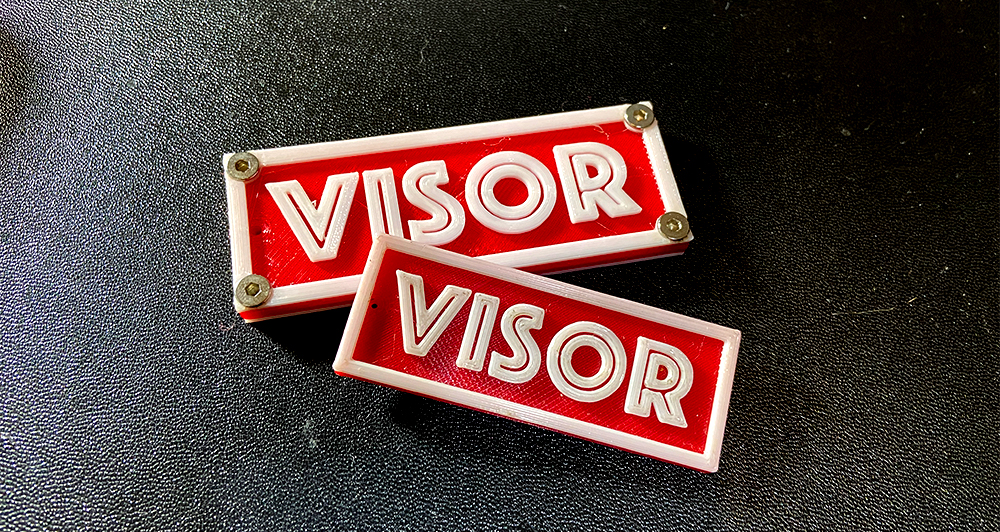
A lot of 3D prints have been made to fit a lot of makes and models and solve problems you never even knew existed. From key fobs and custom airboxes to clutch-plate alignment tools and cookie cutter in the shape of the Trabant 601, the selection that the maker scene has generated is expansive. The files used to make these prints are made by ordinary people like you and me, and can sometimes get uploaded to an online repository for others to download and print themselves. It’s the way that the 3D-printing community has operated and grown for the past decade, allowing those who may not be well-versed in computer-aided design to churn out prints as they please. Ford has even gone a step further, providing 3D models of mounting points in the Maverick specifically so customers can design and print accessories.
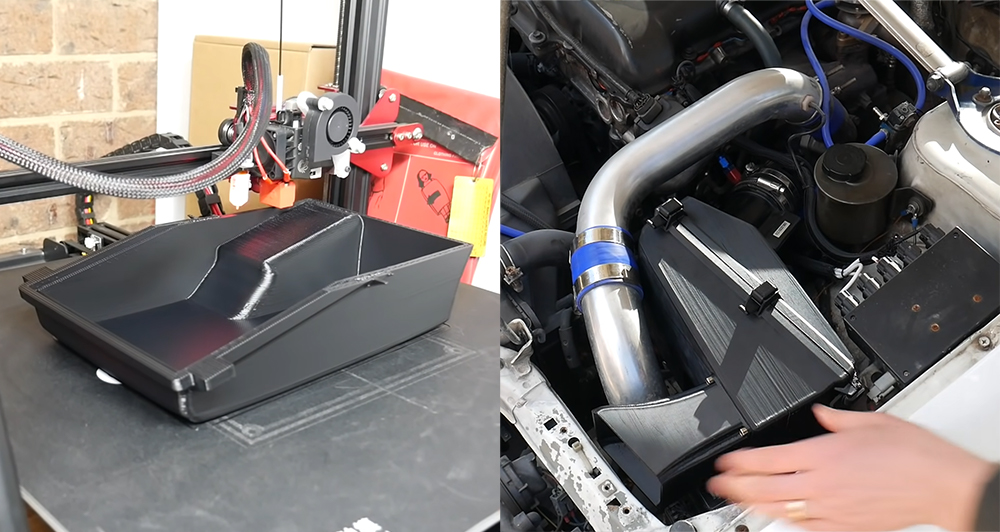
Well, it seems like Honda was unhappy with 3D models being available on the Internet for its vehicles, and has issued takedown notices for any print that bears its trademark to several 3D-printing repositories.
A moderator of the Prusa Research forum confirmed that they had taken down models from their website printables.com for infringing upon intellectual properties at the request of Honda. These trademarks and IPs can be as simple as the word “Honda,” the Honda logo, or any of the carmaker’s trademarked model names (up to something as innocuous as “the shape and the dimensions of a washer fluid cap”).
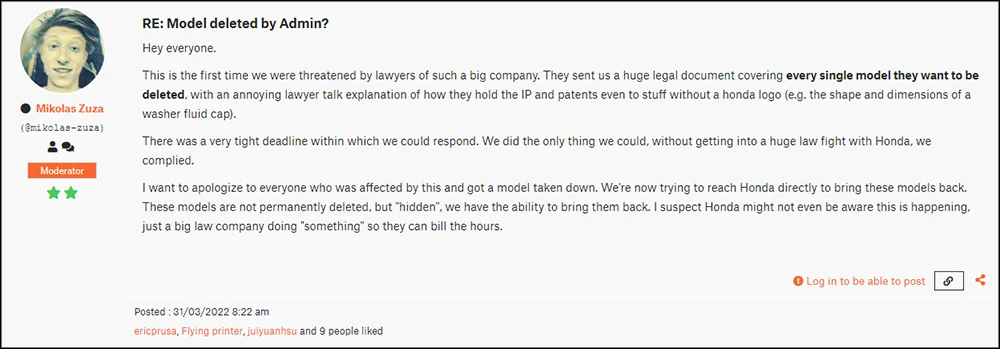
It definitely is within Honda’s rights to enforce its own intellectual property, and these protections were crafted to guard against the production of counterfeit products that are then being passed on as original. A blanket policy for banning noncommercial models intended for 3D printing is rather shortsighted and of backward thinking, given how differently 3D printing operates from traditional manufacturing.
A lot of the models available online tend to be parts or novelty items that are not available anywhere else, most items not even the car manufacturers sell themselves. Having these models online and available for everyone to print actually serves to add value to these manufacturers’ products and brands, giving their customers a way to repair or add functionality that would otherwise be significantly more difficult without these models available.
It especially leaves a bad taste in the mouth for a manufacturer to clamp down on a novel avenue to modify, customize and repair our vehicles however we wish. A good portion of the models taken down doesn’t even bear resemblance to anything that Honda themselves has ever made, with virtually all of them crafted by individuals painstakingly creating designs in their own capacity. Because they simply used the brand and its model names in their file titles, they no longer exist on the Internet.
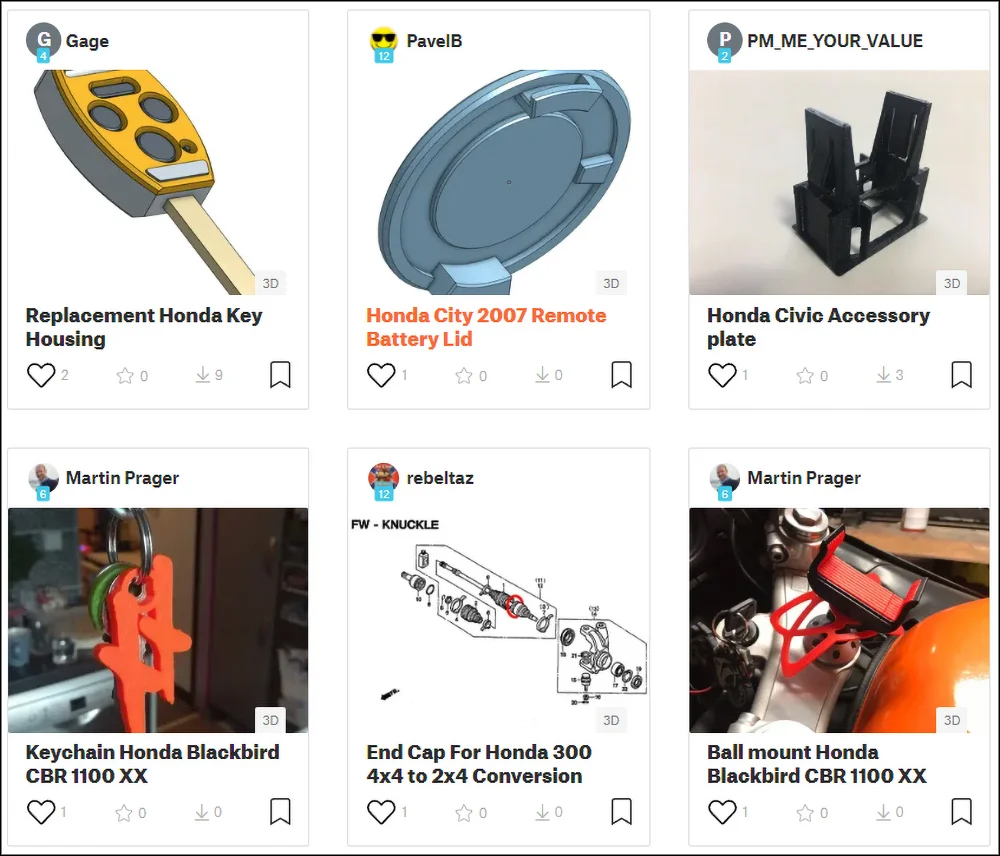
Many speculate that perhaps this takedown notice is simply an internal misunderstanding. We sincerely hope that is true as this feels like a bad move for everyone involved.


0 Comments